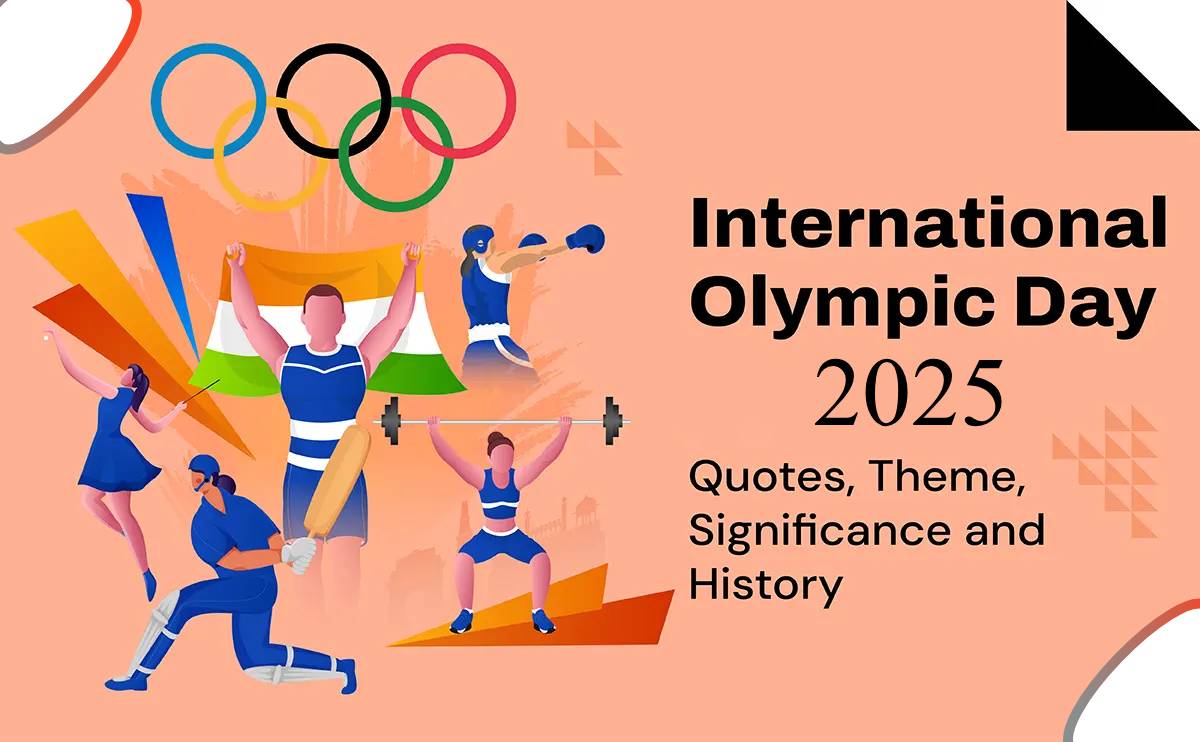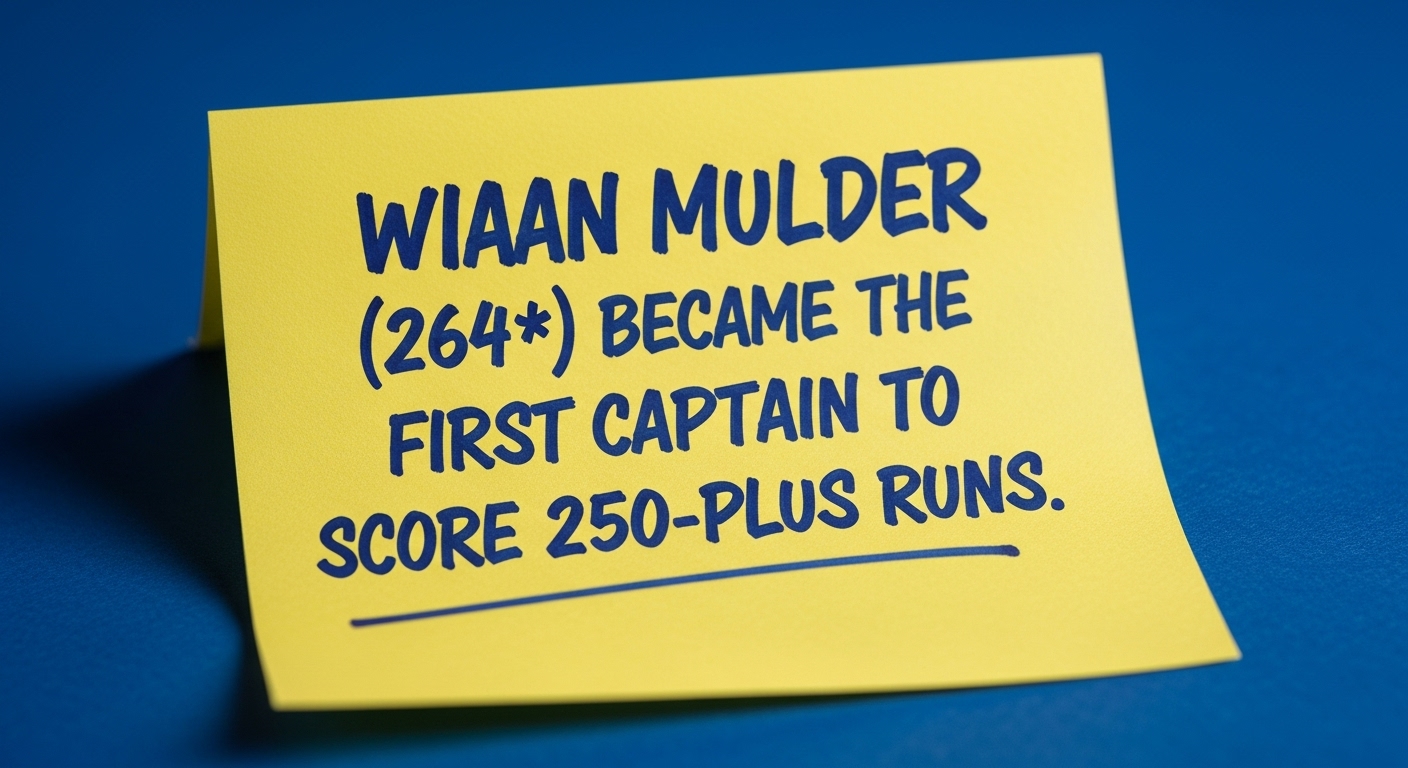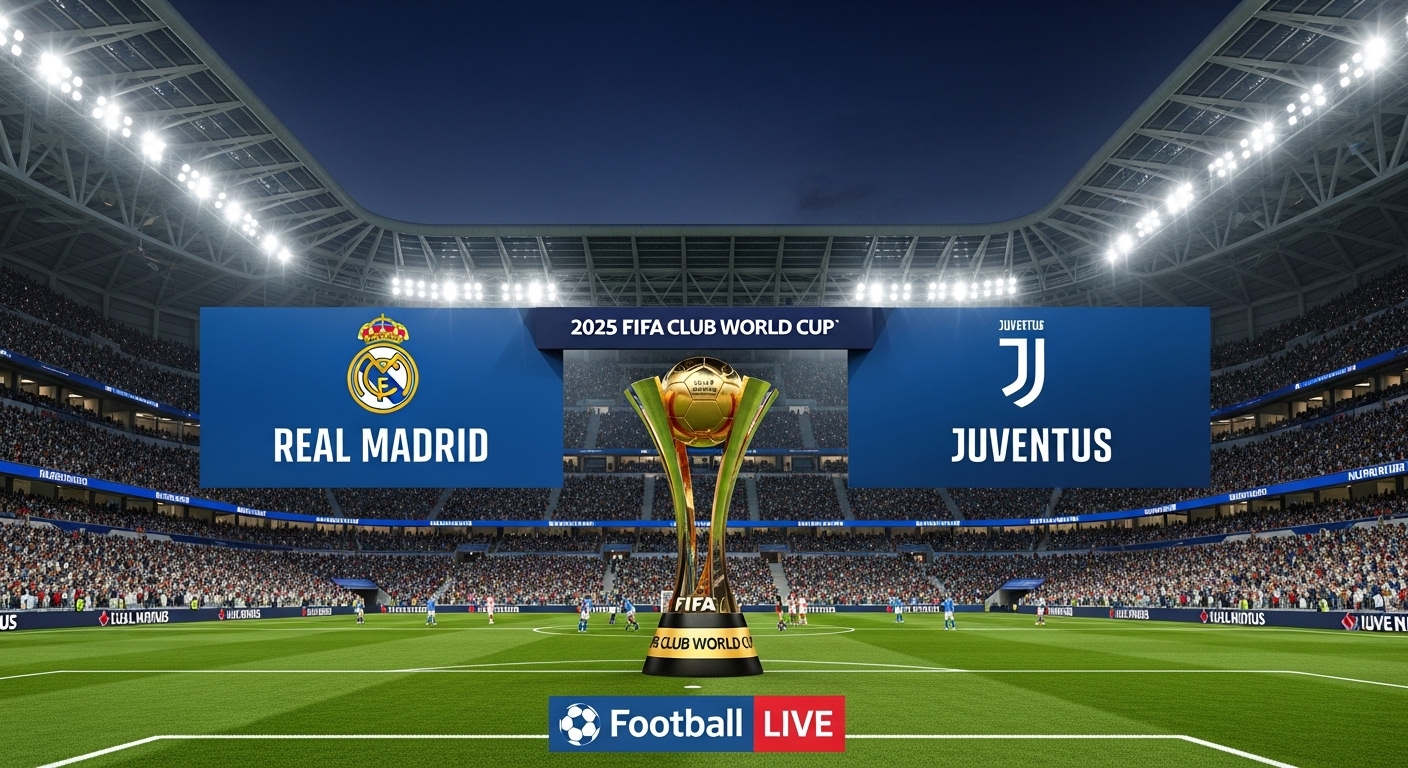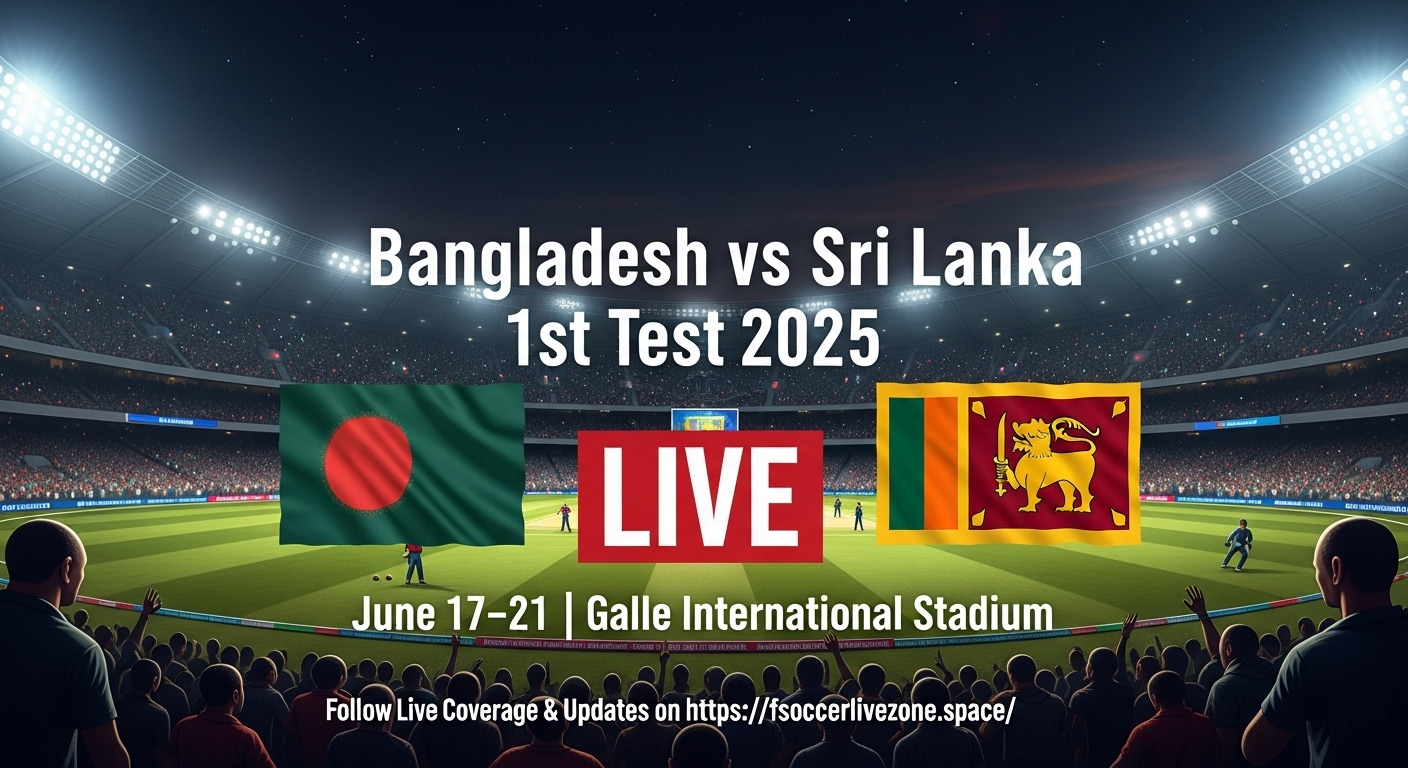Celebrate International Olympic Day on June 23! Discover its history, the Move, Learn, Discover pillars, and how Olympic Day promotes sport, unity & peace globally. Get involved today
International Olympic Day: A Global Celebration of Sport, Unity, and Inspiration
Every year, on June 23rd, the world comes alive with the spirit of sport, friendship, and peace. This date marks International Olympic Day, a global observance that commemorates the founding of the International Olympic Committee (IOC) in 1894. More than just an anniversary, Olympic Day serves as a powerful reminder of the Olympic Movement’s enduring mission: to build a better world through sport.
This special occasion unites millions of people across continents, transcending age, gender, and athletic ability. From seasoned Olympians to budding young athletes and casual enthusiasts, Olympic Day encourages everyone to embrace physical activity, learn about the Olympic values, and discover the joy of movement. It’s a day when communities worldwide engage in a myriad of activities, all designed to embody the true essence of Olympism.
The Genesis of Olympic Day: A Century of Inspiration
The idea for a dedicated day to celebrate the Olympic Movement was first proposed in 1947 by Dr. Gruss, an IOC member from Czechoslovakia. His vision was to create a global event that would promote the Olympic ideals beyond the quadrennial Games. This progressive idea was formally adopted by the IOC in January 1948, during its 42nd Session in St. Moritz.
The very first Olympic Day was celebrated just a few months later, on June 23, 1948. This date was specifically chosen to honor the historic moment when Pierre de Coubertin, the visionary founder of the modern Olympic Games, established the International Olympic Committee at the Sorbonne in Paris on June 23, 1894. Nine National Olympic Committees, including those from Greece, Portugal, and Canada, proudly organized the inaugural celebrations.
Over the decades, Olympic Day has evolved from a nascent idea into a truly global phenomenon. In 1978, the Olympic Charter officially recommended that all National Olympic Committees (NOCs) worldwide organize annual events to promote the Olympic Movement. This formal endorsement solidified the day’s importance, transforming it into a cornerstone of the Olympic calendar. The growth has been phenomenal, with over 150 NOCs now participating in the festivities each year.
The Three Pillars of Olympic Day: Move, Learn, Discover
At its core, Olympic Day is structured around three fundamental pillars: “Move,” “Learn,” and “Discover.” These principles guide the diverse range of activities organized by National Olympic Committees, sports federations, schools, and local communities around the world.
- Move: This pillar emphasizes the importance of physical activity and encourages people of all ages and abilities to engage in sports and exercise. The signature event for this pillar is the Olympic Day Run, a non-competitive fun run held globally. Thousands participate, embracing distances like 1.5 km, 5 km, and 10 km, proving that movement is for everyone. Beyond running, activities include cycling events, team sports challenges, fitness classes, and even virtual workouts led by Olympians. The aim is simple: to inspire healthier, more active lifestyles.
- Learn: This pillar focuses on education and the dissemination of the Olympic values. Participants learn about the history of the Olympic Movement, the stories of Olympic heroes, and the principles of Olympism: Excellence, Friendship, and Respect. Workshops, seminars, educational games, and interactions with Olympians are common activities. This learning component fosters an understanding of how sport can contribute to personal growth, social responsibility, and a better world. It highlights the educational value inherent in striving for one’s best, showing good example, and upholding universal ethical principles.
- Discover: This pillar encourages individuals to explore new sports, cultures, and personal capabilities. It’s an invitation to step outside one’s comfort zone, try a different sport, or learn about a country they might not know. Many Olympic Day events feature demonstrations of various Olympic sports, allowing participants to try them firsthand. Cultural exhibitions, art competitions, and music festivals often accompany the sporting activities, celebrating the rich diversity of nations that come together under the Olympic flag. It’s about broadening horizons and fostering a spirit of curiosity and exploration.
These three pillars collectively embody the holistic philosophy of Olympism, which places sport at the service of humanity’s harmonious development, combining body, will, and mind in a balanced whole.
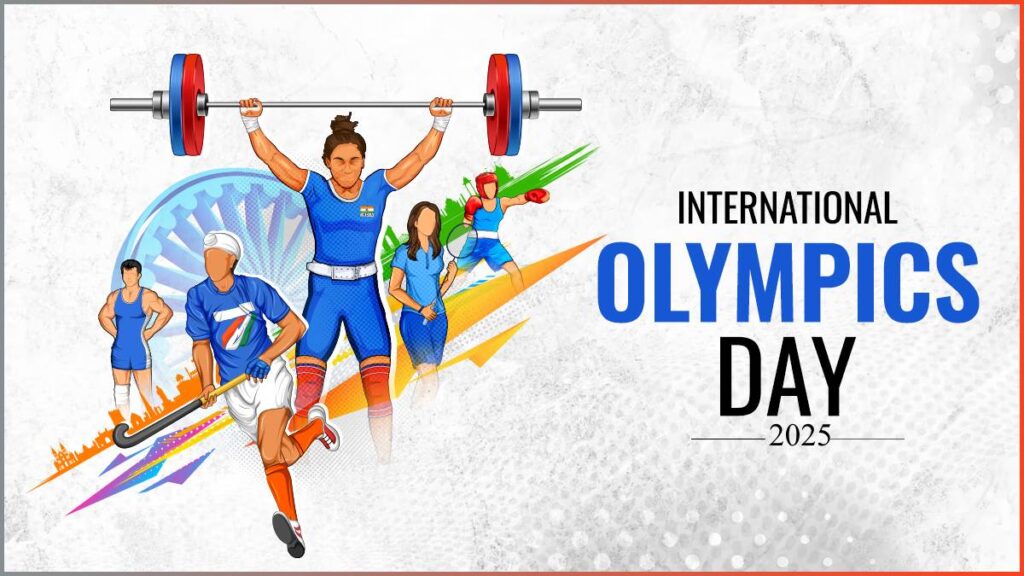
Global Celebrations: A Snapshot of Olympic Day Worldwide
From bustling city centers to remote villages, Olympic Day is celebrated with immense enthusiasm. National Olympic Committees adapt the global guidelines to suit their local contexts, often incorporating unique cultural elements.
In some countries, schoolchildren participate in special Olympic Day events, including sports demonstrations, fitness sessions, and educational workshops, sometimes even receiving surprise visits from local Olympians. These interactions inspire the next generation of athletes and leaders, instilling in them the values of hard work, sportsmanship, and perseverance.
In larger cities, mass participation events like the Olympic Day Run draw thousands. These runs are often accompanied by mini-Olympics festivals, offering a carnival-like atmosphere with various sports try-outs, cultural performances, and health awareness booths. It’s a true community celebration that brings people from all walks of life together in a joyful display of physical activity and camaraderie.
The digital realm also plays a crucial role, especially with initiatives like “Let’s Move,” which encourages people worldwide to share how they are getting active on Olympic Day using social media hashtags. This creates a global ripple effect of motivation and inspiration, demonstrating the collective power of movement. Olympians frequently engage on digital platforms, sharing their training routines, tips for staying active, and personal reflections on the meaning of Olympic Day for them.
The Olympic Values: Excellence, Friendship, Respect
At the heart of every Olympic Day celebration are the three core Olympic values: Excellence, Friendship, and Respect. These are not merely abstract concepts but living principles that are promoted through sport and educational activities.
- Excellence: This means striving to do one’s best, both on and off the field of play. It’s about pushing personal boundaries, improving skills, and embracing the journey of self-improvement. It’s not just about winning medals but about giving one’s utmost effort in every endeavor.
- Friendship: The Games bring people from diverse backgrounds together, fostering understanding and solidarity. Olympic Day embodies this spirit by encouraging interaction, fair play, and mutual understanding among participants. It’s a reminder that sport can build bridges and unite humanity.
- Respect: This value encompasses respect for oneself, for one’s competitors, for the rules of the game, for officials, and for the environment. It promotes fair play, humility in victory, and graciousness in defeat. Respect is fundamental to maintaining the integrity and spirit of competition.
These values are central to the Olympic Movement’s mission to contribute to building a peaceful and better world.
Olympic Day and Social Impact: Beyond the Games
Olympic Day extends its reach far beyond the immediate festivities, contributing to broader societal goals. The International Olympic Committee, in collaboration with various organizations including the United Nations, actively promotes sport for development and peace.
Sport is recognized as a powerful tool for social change. It can foster inclusivity, promote gender equality, empower youth, and support physical and mental well-being. Initiatives linked to Olympic Day often aim to increase access to sports opportunities for underserved communities, improve health outcomes, and contribute to the UN Sustainable Development Goals.
The “Let’s Move” campaign, for instance, launched by the IOC and the World Health Organization (WHO), directly addresses the global challenge of physical inactivity. Olympic Day serves as a key platform for this initiative, inspiring millions to incorporate more movement into their daily lives for better health. This reflects the IOC’s Olympism365 strategy, which aims to bring the health and societal benefits of physical activity to communities in all corners of the globe, 365 days a year.
Furthermore, Olympic Day activities often highlight the Olympic Truce, an ancient Greek tradition revived by the IOC. This calls for a cessation of hostilities during the Olympic Games, promoting peace and understanding through sport. The concept of peace through sport is a core tenet of Olympism, and Olympic Day helps keep this ideal alive and relevant in a complex world.
Inspiring the Next Generation: Youth Engagement on Olympic Day
Youth engagement is a cornerstone of Olympic Day celebrations. National Olympic Committees and schools worldwide use this day as an opportunity to introduce children and young adults to the joys of sport and the Olympic values. Programs often include:
- Sports Demonstrations: Allowing children to try out various Olympic sports, potentially discovering a new passion.
- Athlete Meet-and-Greets: Providing aspiring athletes with the chance to meet their heroes and draw inspiration from their journeys.
- Educational Activities: Workshops that teach about the history of the Olympics, the importance of fair play, and the cultural diversity represented at the Games.
- Fun Runs and Mass Participation Events: Encouraging active lifestyles in a non-competitive, festive environment.
The Youth Olympic Games (YOG), like the upcoming Dakar 2026, also significantly leverage Olympic Day to build anticipation and engage young people. Events leading up to the YOG often blend sport, art, and youth engagement, creating unique local celebrations that embody the global Olympic spirit. This focus on youth ensures the continued relevance and vitality of the Olympic Movement for future generations.
Conclusion: The Enduring Spirit of Olympic Day
International Olympic Day is far more than a single date on the calendar. It is a dynamic, living celebration that embodies the timeless ideals of Olympism. It reminds us of the power of sport to transcend differences, foster understanding, and promote a healthier, more active, and more peaceful world.
From its humble beginnings in 1948, Olympic Day has grown into a truly global phenomenon, inspiring millions to move, learn, and discover. As the world continues to navigate complex challenges, the message of unity, excellence, friendship, and respect promoted by Olympic Day remains as vital as ever. It encourages individuals to find the athlete within themselves, to strive for their best, and to contribute to a better, more harmonious society through the universal language of sport. The spirit of Olympic Day continues to shine brightly, illuminating the path toward a future where sport plays an ever-greater role in connecting humanity

